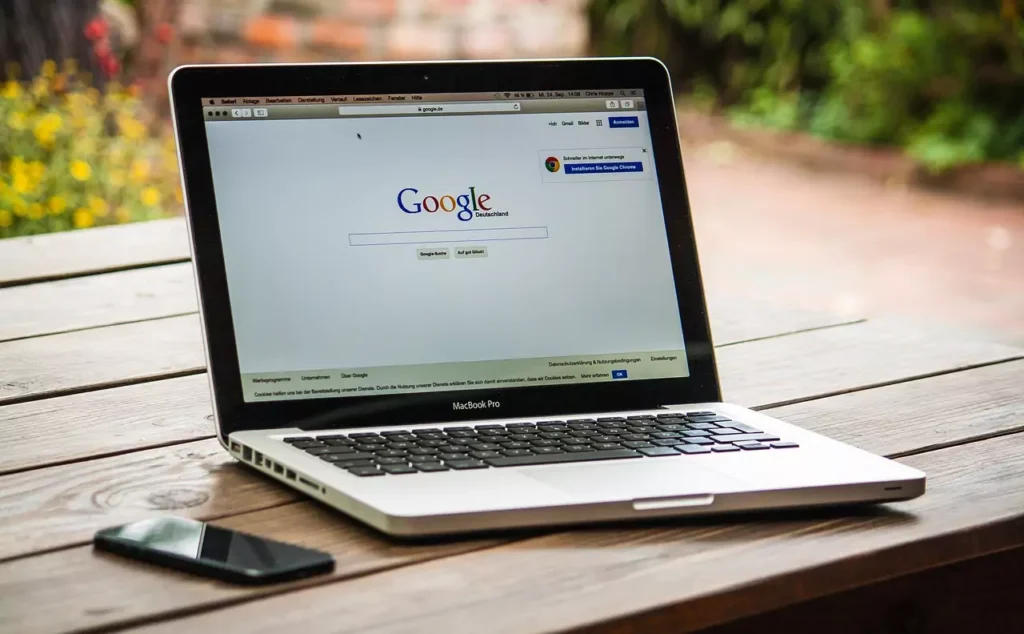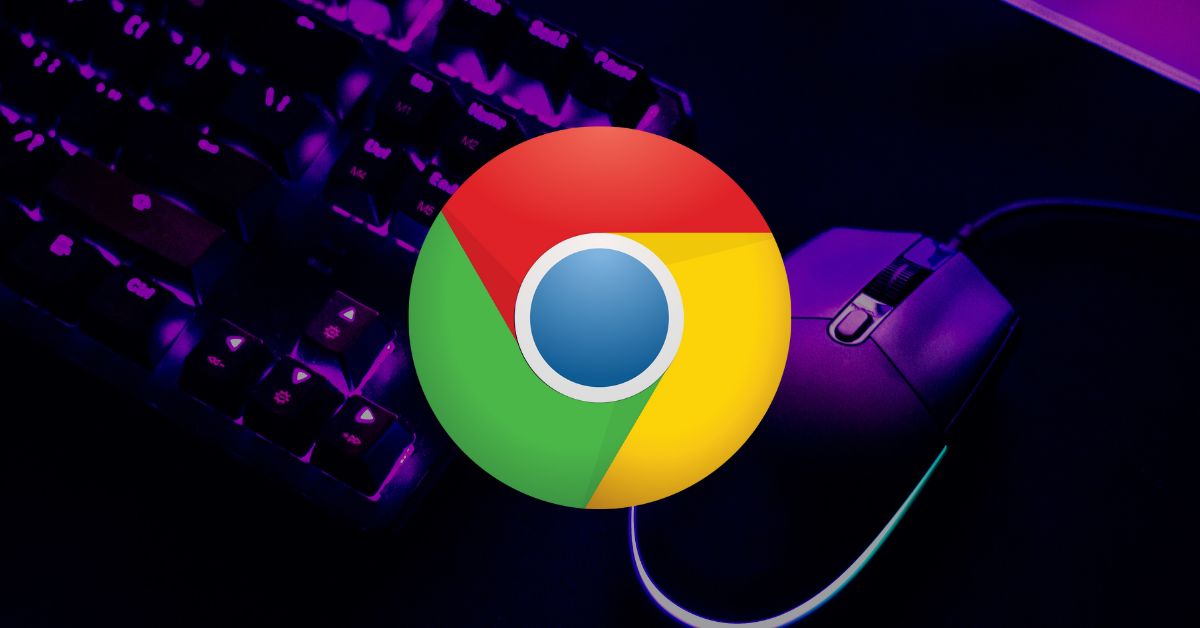Google Boosts Android Security with AI-Powered Theft Detection and Remote Lock Tools
Google is gradually introducing new security measures to safeguard, user data with an emphasis on thwarting unauthorized access in the event of theft. May see the announcement of the newest tools which can be found on various Android devices and include Remote Lock, Offline Device Lock and Theft Detection Lock.
Read More From Google
When Theft Detection Lock detects movement that is frequently linked to theft like someone snatching the phone, it uses artificial intelligence (AI) to lock the screen. Remote Lock enables users to remotely lock their phone, using just their phone number. Even if they are unable to log into Find My Device, Offline Device Lock automatically secures the screen, if a phone is offline for an extended period.
While some users claim to have seen the features on gadgets like the Xiaomi 14T Pro, others might have to wait while Google gradually releases these updates. To potentially access these features sooner, users are advised to make sure their Google Play Services are updated.
Theft Detection Lock, Offline Device Lock and Remote Lock are supported on Android 10 and higher, while Android 5 and higher devices can utilize Remote Lock.
Google and Vodafone Expand AI Partnership with Billion-Dollar Deal for 5G and Enterprise Solutions
Vodafone and Google have announced a 10-year over-a-billion-dollar partnership. That will see significant expansion. Through this partnership, Google hopes to capitalize on the 5G network by bringing its generative AI-powered devices to consumers in Europe and Africa. Additionally, the partnership will support the Android ecosystem in these areas.
Vodafone plans to increase consumer access to cutting-edge technology by expanding the availability of Google’s AI-powered Pixel smartphones. The business plans to launch Google One AI Premium subscription plans by 2025. It will come with cutting-edge features like Gemini Advanced.
Read More From Tech News
This multinational telecoms company will use Google Cloud’s AI platform for enterprise-level applications in addition to customer-focused innovations. AI integration will improve services and expedite operations for the business.
Google continues to face intense competition in the AI space from other leading tech giants, such as Microsoft, NVIDIA and OpenAI. The partnership with Vodafone strengthens its position in this quickly changing market.
Google Introduces Ads in AI Summaries with Enhanced Search Features

Google has begun displaying advertisements alongside AI-generated summaries, or AI Overviews, that show up in response to specific search terms. Alongside non-sponsored content these “sponsored” advertisements will provide users with easy access to pertinent goods and services. This represents Google’s most recent attempt to monetize. its AI search function and increase user engagement especially with younger audiences.
Read More From Tech Solutions
Google is introducing AI-organized search results in addition to advertisements. A wider variety of content, including articles, videos and forum posts will be shown on these new pages. Although there won’t be any advertisements in these AI-organized results, their goal is to improve the relevancy and aesthetic appeal of search results to provide users with a more personalized experience.
Publishers are worried about how Google’s AI-powered search capabilities will affect their website traffic, as it keeps adding new features. According to some research, page views and ad revenue could decline, due to summaries created by AI, potentially costing publishers billions of dollars. Google claims, that while it continues to improve its AI search technology, it is also attempting to allay these worries.
Google Faces Potential Breakup as US DoJ Targets Search Engine Monopoly
The US government is thinking of taking extreme measures to challenge Google’s hegemony in the online search market. Which may force the company to sell off important divisions like its Android operating system and Chrome browser. The possible legal action comes after a judge ruled in August that Google had unfairly created a monopoly in online search. Given that the tech giant controls nearly 90% of US internet searches. The Justice Department is advocating for remedies that could change how people obtain information, reduce Google’s revenue and open up new markets for rivals.
Read More From Brit News Hub
One of the government’s suggestions is to stop Google from making large payments to guarantee that its search engine is still used by default on new gadgets. Google paid businesses like Apple $26.3 billion in 2021 alone to maintain its search engine pre-installed on smartphones and browsers. The Justice Department contends, that these agreements must be terminated to stop Google from continuing to hold a monopoly on search distribution both now and in the future especially as the market for AI grows.

Prosecutors are also focussing on Google’s involvement in the expanding AI industry. To stop Google from controlling the market for AI-driven search technologies, they suggest granting access to its competitors to Google’s enormous databases, information, and models. Some recommendations are to restrict Google’s ability to negotiate to limit competitors’ access to web content and to give websites, the option to refuse the use of their data for AI training. Conversely, Google has resisted claiming, that such actions might stifle innovation, at a pivotal time and distort the rapidly growing AI industry.
Google intends to appeal the remedies, calling them “radical” and going well beyond the lawsuit’s parameters, so the stakes are high for the company. Google argues, that the reason for the success of its search engine is its superior quality, citing competition from firms such as Amazon as evidence of a competitive market. The business is currently dealing with a growing number of legal challenges, including one that requires it to allow more competitors into its Play app store.
More specific proposals are anticipated from the Justice Department by November 20. Google will have until December 20 to provide feedback.



